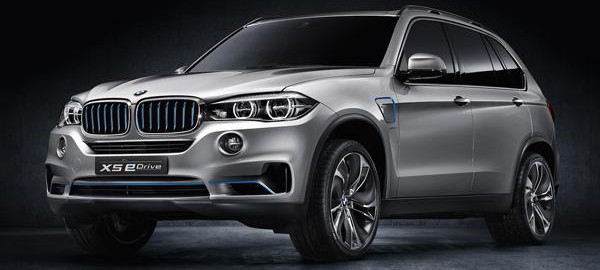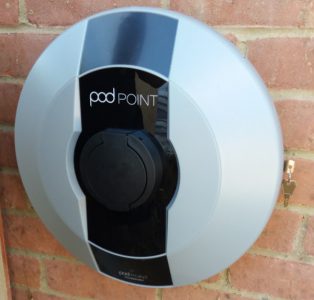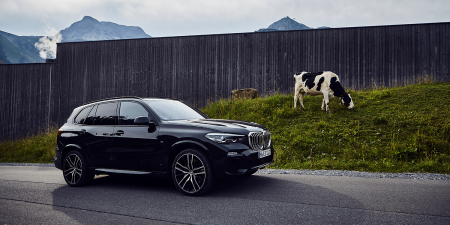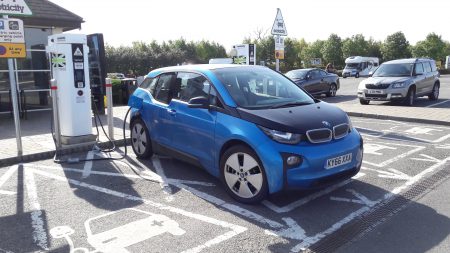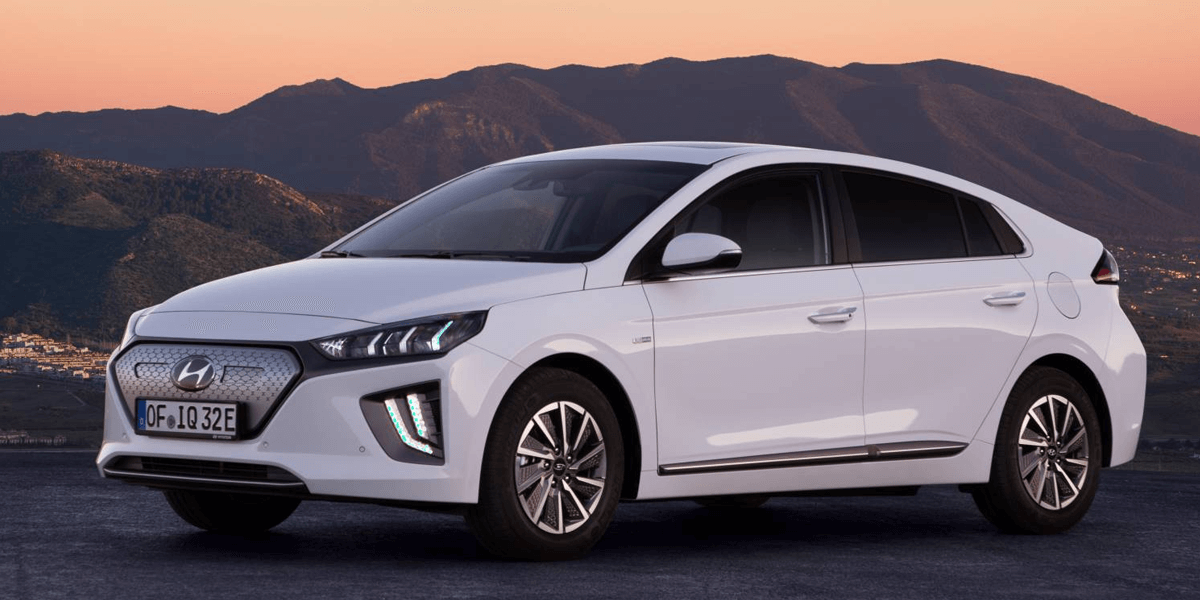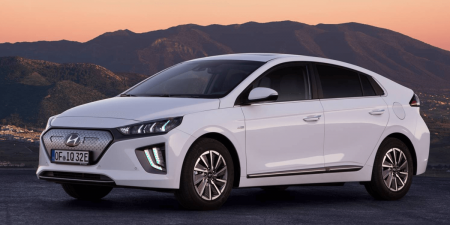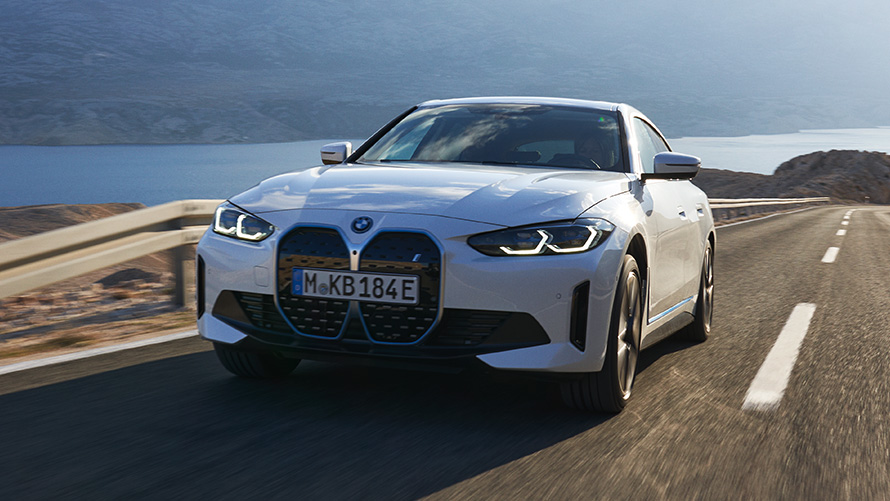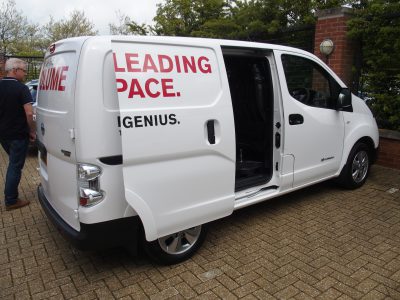Before the theory of relativity, mass and energy were viewed as distinct entities in physics, which still makes sense for the uninformed.
It was when the genius of Albert Einstein came up with the E = mc2 equation that people realized mass and energy are the same physical entity and can be changed into each other.
In the equation, the mass of a body times the speed of light squared is equal to the kinetic energy of that body, which can explain many things, including why the porky BMW iX M60 feels almost like a supercar on stilts when driven in a sportier manner.

The way this electric… thing can seriously outgun thoroughbred sports cars, not to mention its equivalent ICE brethren, the BMW X5 M60, is something that should be taught in physics classes.
To put things into perspective, the twin-turbo V8-powered BMW X5 M60 hits 62 mph (100 kph) from a standing start in a reasonably quick 4.3 seconds. The similarly sized but 550-pound (240 kg) heavier iX M60 can do the same feat almost half a second quicker. How’s that for mass and energy?
In other words, the top-of-the-range version of the BMW iX lineup, the M60, shouldn’t be reduced to just a really quick electric SUV with questionable looks, and poor relase value because it’s so much more than that.
Read more: autoevolution
It’s Time to Go Green!
If you would like to know more about Solar Panels and the PowerBanx range of home battery systems, and get a free instant quote, please complete our online form:

